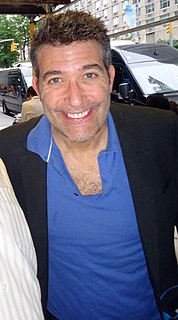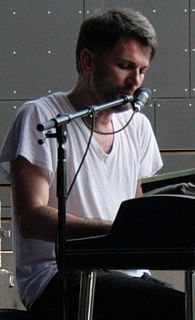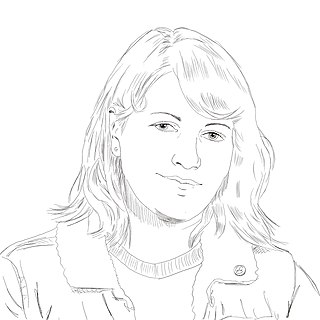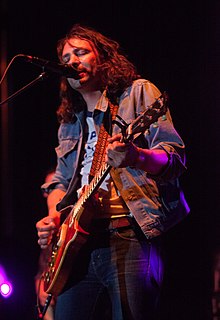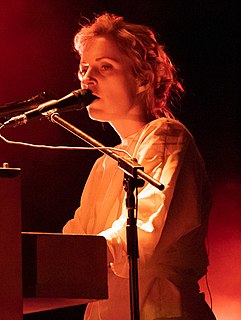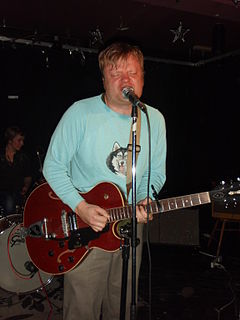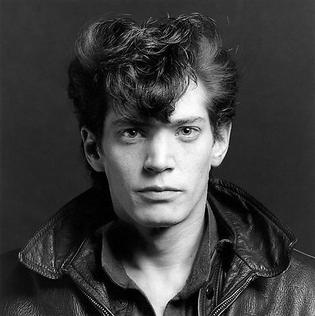A Quote by David Bowie
I couldn't have written things like 'Low' and 'Heroes,' those particular albums, if it hadn't have been for Berlin and the kind of atmosphere I felt there.
Related Quotes
When I was doing those things with the Berlin circus, playing the accordion, going to North Korea - I felt all those things were just me experimenting and letting myself go. Everything before seems like a constant searching. Now that I think about it, I feel so lucky that happened; that I didn't find my voice straight away, that I didn't find my passion straight away, that it took so long.
Someone sent me an article on AI that was written by Tim Urban on the website Wait but Why - that was kind of where I stuck my toes in the puddle, and I said, 'OK, I've gotta learn about this!' I felt like this is one of those things that our generation is going to have to answer for, eventually, and I just wanted to educate myself on it.
I try to structure albums in a pattern, like in a way where there's a motif that runs throughout or some kind of conceit that informs it in a general way. Maybe it's in a harmonic key. I like to go metastructural sometimes, like look at more than the three-minute passage and how that interacts with other pieces. And I've been increasingly interested in false starts and fraudulent beginnings, and things that don't reach their implied conclusions. I take an album and I kind of start moving things around like Jenga.
Steven Soderbergh really likes Irréversible, that's about all I can tell you. About the making, well, it was a very particular situation, because those people all know each other, and they're all big stars. I felt like the little French guy, really. And I was very flattered to be called on that, of course, but I felt like if I didn't find something to be a little original, different, particular in the movie, I would just disappear.
I started realizing that one of the great things about opera is that if you make the right kind of story, you can still have this kind of abstract subliminal quality to take you on a journey, but you can root it just enough in a particular situation, a particular kind of real situation that a person might have, or a particular context in the real world.


